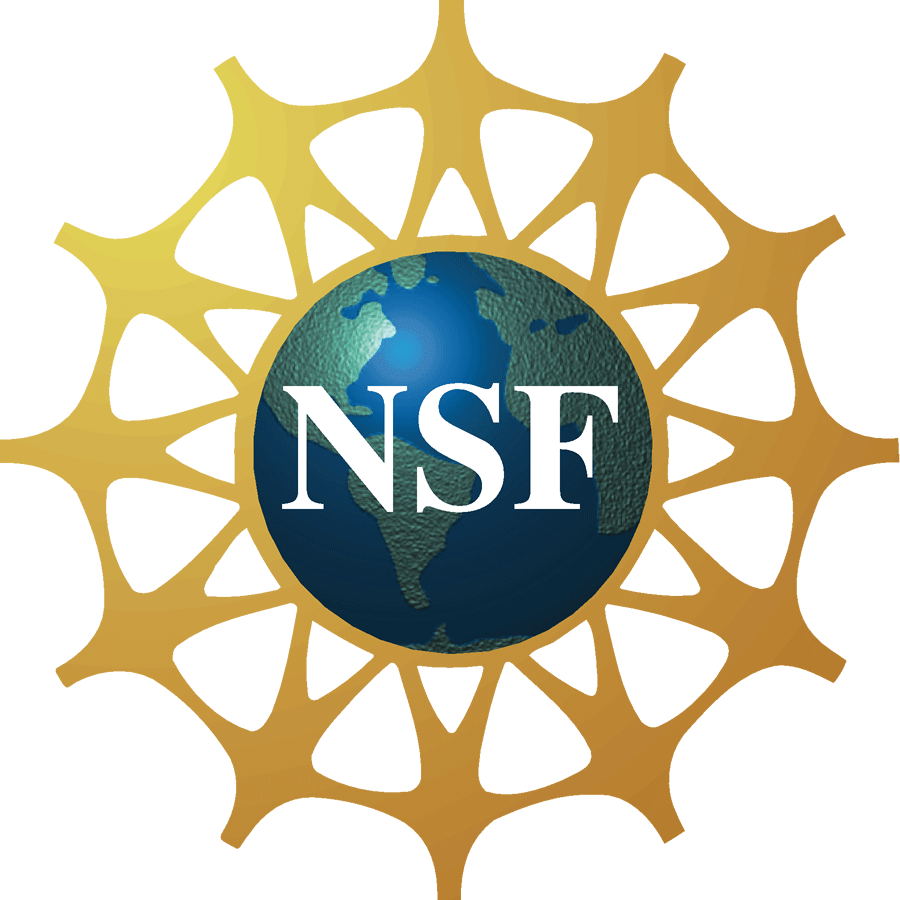Seminars and Panels
|
'Broken Symmetry': Humanism, Militarism, and the Dilemmas of Scientific Identity in Nuclear Age America
Professor Jessica Wang
|
Feb 17, 2014
|
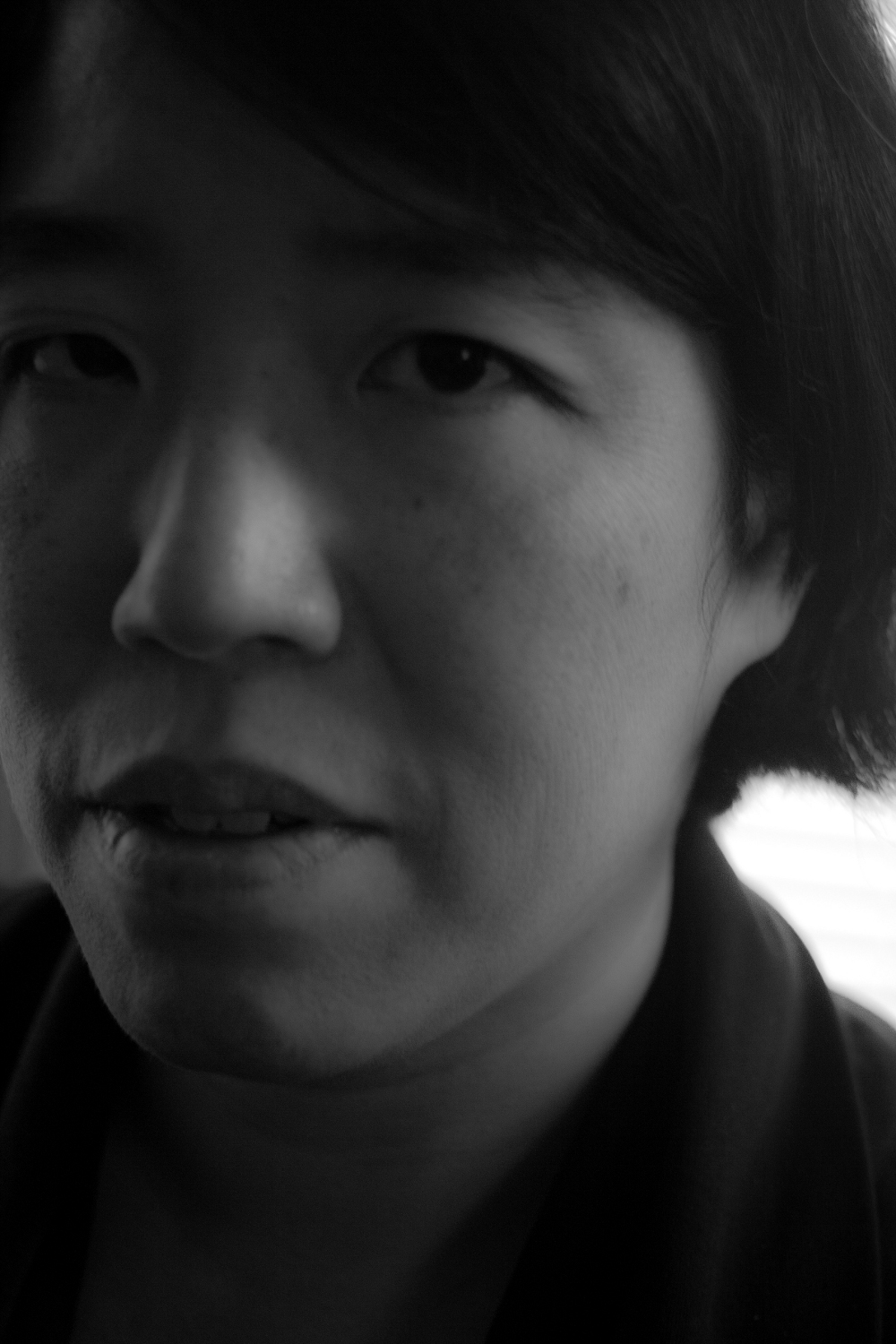
Physicist Robert R. Wilson’s sculpture “Broken Symmetry,” which graces one of the roadways leading into Fermilab, explores the problem of perspective by presenting viewers with an object that appears perfectly symmetrical from certain vantage points, but asymmetrical from others. The sculpture offers an apt metaphor for considering the dual nature of post-World War II physics in America. In the postwar years, many elite physicists remained committed to a humanistic vision that emphasized the moral and aesthetic dimensions of science and viewed basic research as a worthy endeavor devoted to the pursuit of knowledge for its own sake. Yet, cold war American science, in its tightly intertwined relationship with the national security state, was also immersed in military problems and the exigencies of global ideological struggle, so much so that the historian Paul Forman once declared the ideal of pure science nothing more than physicists’ own false consciousness. This talk will explore the divided political and ethical commitments of science and the challenges the cold war and nuclear age posed to scientists’ sense of identity in the postwar decades.
About Professor Jessica Wang
Jessica Wang is Associate Professor of U.S. History at the University of British Columbia and the author of American Science in an Age of Anxiety: Scientists, Anticommunism, and the Cold War (1999), as well as essays in ISIS, Osiris, the Journal of American History, the Journal of Policy History, Historical Studies in the Natural Sciences, the Journal of the History of the Behavioral Sciences, and other forums. Her interests cover a wide range of topics, including cold war history; American political development; the political history of cold war science; the interplay between science and political theory; the nature of mid-twentieth century American scientific identity; the relationship between social science, the New Deal state, and public policy; and the history of medicine, disease, and public health in the nineteenth-century city. Wang's current projects include a social history of rabies in nineteenth-century New York City (tentatively titled Mad Dogs and Other New Yorkers: Rabies, Medicine, and Public Health in an American Metropolis, 1840-1920) and a co-edited volume on the international history and global contexts of cold war science.
Click here to view the webcast. |
|
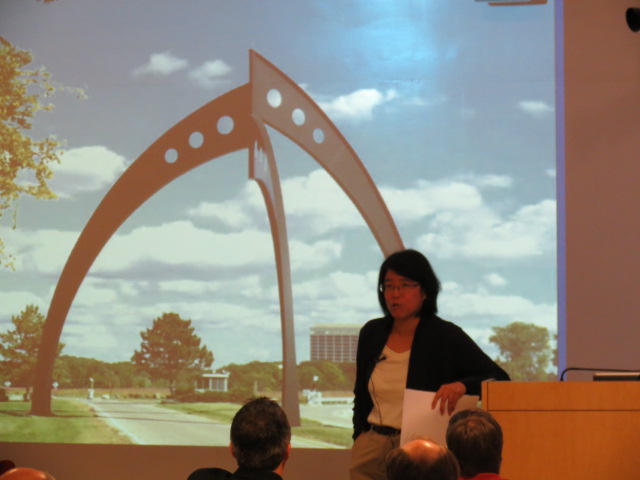
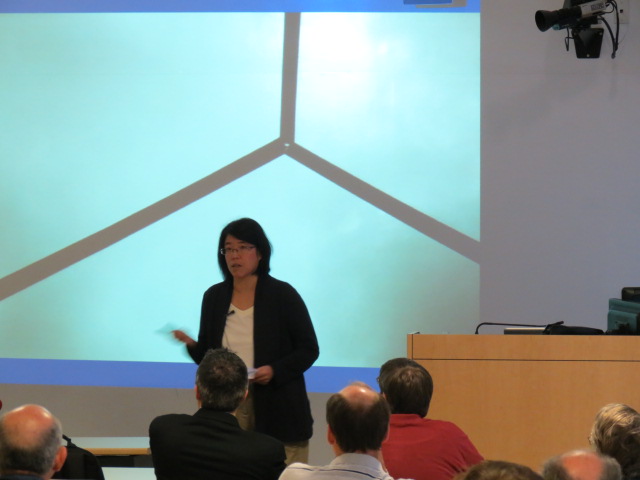
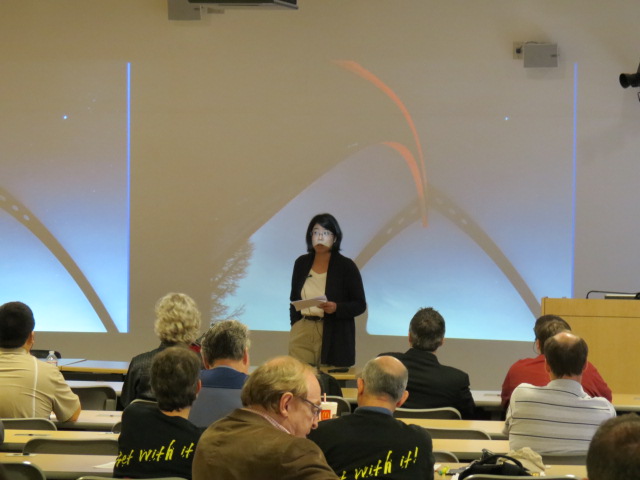
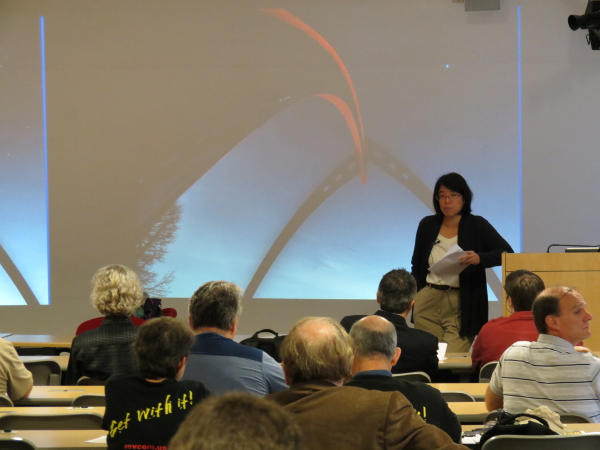
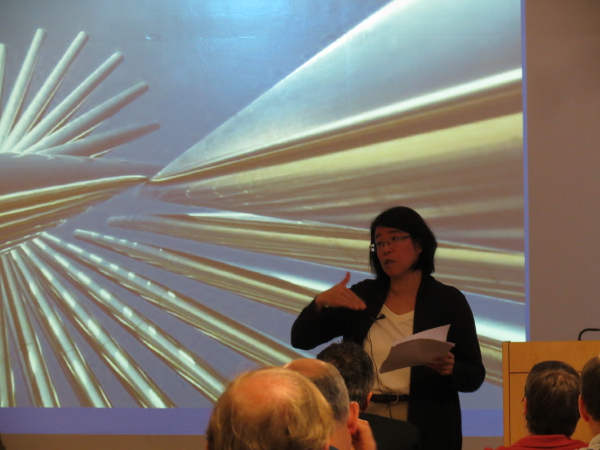
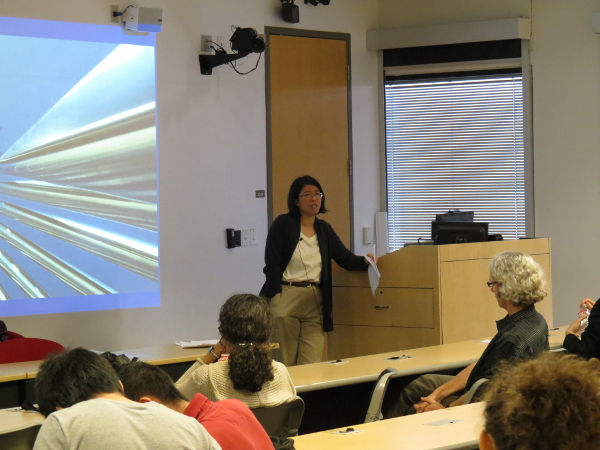
Audience Feedback |
n = 42 |
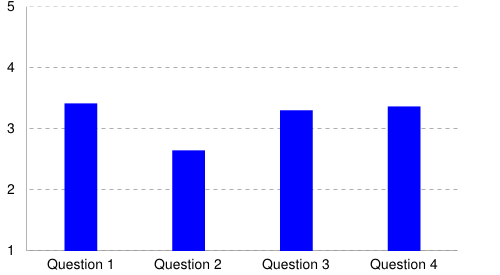
Question 1 - How interesting was the topic to you?
Question 2 - Did you learn anything useful?
Question 3 - How would you rate the quality of the presentation?
Question 4 - How would you rate the quality of the audience's interaction with the speaker?
Selective Comments
"Please have more events …"
"She was very patient with some attendees …"
- 2017 - 2018
- 2016 - 2017
- Behavioral Concepts and the Sciences of Human Behavior
H. Longino Apr 21, 2017 - Insane Asylums and Genetics: How Human Heredity Became a Data Science
T. Porter Feb 17, 2017 - The Nature of Pride: The Emotional Origins of Social Rank
J. Tracy Jan 23, 2017
- Behavioral Concepts and the Sciences of Human Behavior
- 2015 - 2016
-
Public Ethics, Politics and Sociobiology
M. P. Sheldon Mar 11, 2016 -
Classifying People by Color: How Racial Categories Change Over Time
A. A. Martinez Feb 29, 2016 -
The Origin of Social Impulse: E.O. Wilson's Recent and Controversial Rejection of Kin Selection in Historical Context
A. Gibson Dec 4, 2015
-
Public Ethics, Politics and Sociobiology
- 2014 - 2015
-
Special Event: Lone Star History of Science Meeting Writing the Origin with Burned Fingers: Darwin's Penance for the "Sin of Speculation"A. Sponsel Apr 3, 2015 - Welfare, Work, and Witness: Why Clinical Research Can Survive the Death of a Healthy Human Subject
L. Stark Apr 3, 2015 - The Distinctive Significance of Systemic Risk
A. James Mar 6, 2015 - The Devil's Heritage: Masuo Kodani, the "Nisei Problem," and Social Stratification at the Atomic Bomb Casualty Commission in Japan (1946-1954)
V.B. Smocovitis Jan 28, 2015 - Atypical Combinations and Scientific Impact
B. Uzzi Dec 8, 2014 - Psychology of Science and Technology
M. Gorman Nov 17, 2014 - How Economics Shapes Science
P. Stephan Sep 10, 2014
-
- 2013 - 2014
- The Decision to Put David Vetter in the Bubble
J. H. Jones Apr 16, 2014 - Ethical Paradoxes of
Control: Science, Engineering, and the Expansion of Moral ResponsibilityR. Hollander Mar 3, 2014 - 'Broken Symmetry': Humanism, Militarism, and the Dilemmas of Scientific Identity in Nuclear Age America.
J. Wang Feb 17, 2014 - Using Creative Non-Fiction in Teaching Research Ethics
C.M. Klugman Dec 2, 2013 - Does Neuroscience Undermine Responsibility?
W. Sinnott-Armstrong Nov 15, 2013 - Arming Mother Nature: The Birth of Catastrophic Environmentalism
J. Hamblin Oct 18, 2013
- The Decision to Put David Vetter in the Bubble
- 2012 - 2013
- Lead Wars: the Politics of Science and the Fate of America's Children
D. Rosner Mar 25, 2013 - Identifying potential pitfalls in the quantitative appraisal system for scientific careers
A.M. Petersen Dec 3, 2012 - Keeping Secrets: Scientists' strategic management of militarization, 1945-1980
S. Lindee Nov 12, 2012 - Evolutionary Theory as Methodological Anesthesia: Methodological and Philosophical Lessons from Evolutionary Psychology
R.N. Boyd Oct 19, 2012 - Panel on Peer-Review Issues
Oct 11, 2012
- Can technology enable cities to cope with the economic winter?
A. Hampapur Sep 21, 2012
- Lead Wars: the Politics of Science and the Fate of America's Children
- 2011 - 2012
- Engineering Success and Failure on 9/11
S.K.A. Pfatteicher Apr 27, 2012 - Regulating Ionizing Radiation: Flawed Standard, Flawed Ethics
K.S. Frechette Mar 5, 2012 - Do fish feel pain?
C. Allen Jan 25, 2012 - The Ethics of Relevancy
J. Levine Dec 13, 2011 - ORI Cases and How to Protect Yourself from Research Misconduct in Your Labratory
A.R. Price Nov 7, 2011
- Engineering Success and Failure on 9/11











